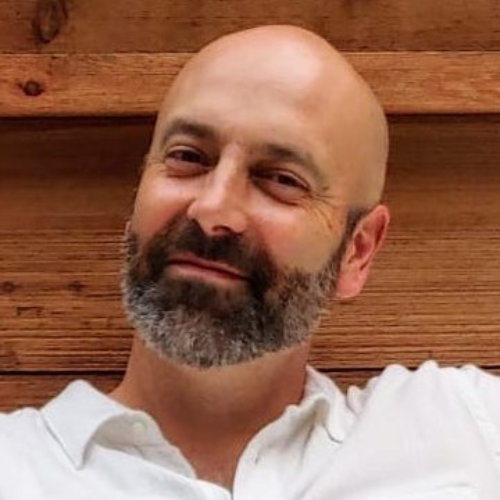






When: October 5, 2022 (9:00-17:00 CET)
Where: Budapest, Central European University
Review this list and see if this sounds familiar:
Your organization always has questions that need to be answered.
You know you will have to participate in some process that helps obtain answers, whether you are the person doing the researching, or the person consuming the output.
You find yourself looking back on the way you organize the inputs and outputs to your study, but often it feels haphazard.
You want to organize not only the questions that stakeholders have (or think they have), but also the expectations of what you can really cover at a given moment with participants in a study.
Not all questions are created equal, and rather than a variety of questions thrown into your study at the last moment, you want to organize everyone’s questions while also leveraging their knowledge to know what really needs answering, and in what order.
You never want to say ‘no’ to doing research in your organization, but you also want to introduce a transparent process that creates clarity for the effort it takes to craft a good study design, one that will serve and benefit everyone in the organization, regardless of their role.
You also need a way to address known constraints that will come up as part of discussion when gathering answers to questions: how much time will this take, how much will it cost and how can we fit this into our schedule now?
Whatever the approach, you know you must get answers that generate high-confidence, otherwise, the output will be rendered useless.
In this full-day workshop, Meena Kothandaraman from twig+fish research practice (Boston, USA) will share a framework that establishes the positioning, the power and practice of research study design alignment and roadmapping. This workshop will reveal a demonstrable approach to involving stakeholders to collect their questions, as well as the knowledge they hold. It will also clearly define a language and process that unpacks the details of research study design, so that everyone transparently sees what must come together for the ultimate output to be leveraged. Meena will approach this from the discussion of understanding the mindset for successful study design, as well as the practices which must take place for clarity and organization in approach.
The framework is a visual canvas that exposes details required to construct credible study designs.
The framework:
Organizes unknowns
Brings awareness to assumptions and confidence levels in existing information
Publicizes knowledge gaps
Reveals organizational research habits and patterns
Visualizes a research road map
Describes how to address study design constraints (time and budget

When: October 5, 2022 (9:00-17:00 CET)
Where: Budapest, Central European University
For the last five to ten years, systematic design and development practices have been growing and growing. It’s no wonder that, once we put a name on this snowball (hello, “design systems”), it only picked up speed. If you manage more than one site, if you support more than one brand, if you want to be more efficient or more consistent or more unified in your digital interface building approach—this is the workshop for you.
We’ll start with a breakdown of design system concepts, reframing how to think about them in a practical and approachable way (The Anatomy of a Design System).
Where design systems live in an organization
The four layers of a design system (concepts)
The three parts of each layer (tangibles)
Then we’ll dig into the four major concepts covered by the Design System Maturity Model developed from years of work, interviews, and industry-wide surveys.
The stages of design system maturity
How a design system’s origin story impacts its path through maturity
A framework for maturing in a healthy way
A framework for maintaining stability
Finally, we’ll discuss how the culture of your organization will impact the way you approach creating a sustainable systematic design practice.
What is organizational culture?
How to establish culture
How subcultures are impacted by overall org culture
How all of this connects to your systematic design practice
Additionally, we’ll cover the delicate balance between flexibility and consistency. We’ll discuss an additive approach to maturing that will allow you to move from one stage to the next and keep your team and system in good health. And we’ll discuss strategies for you to assess your current stage and discover opportunities to fill in the gaps you might have missed along the way.
Join this workshop for a discussion that will reframe the way you think about the people and the processes your design system was built to support.
Learning Objectives
A holistic understanding of the anatomy of design systems
An overview of the various ways a system can mature
An understanding of the impact org culture has on a systems subculture